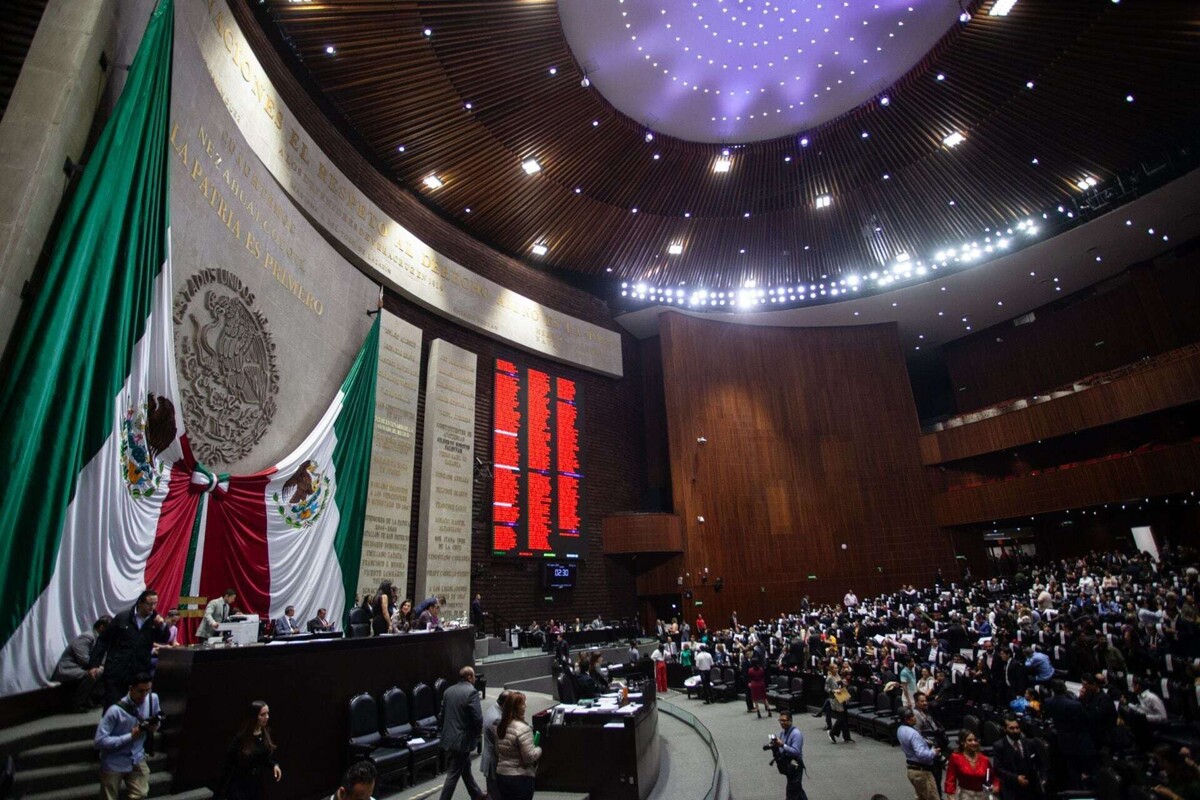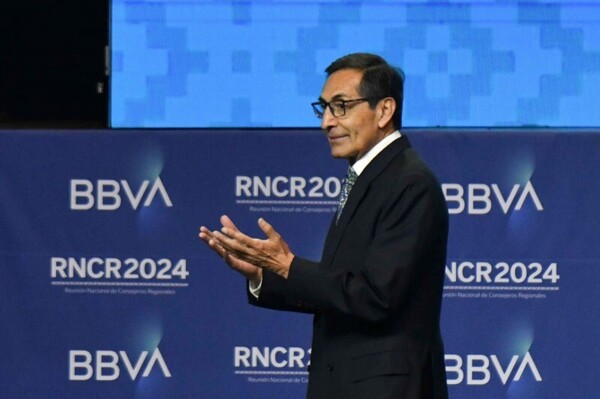
chamber of Deputies approved with 478 votes an initiative that seeks to guarantee that the minimum income of Mexicans is never less than inflation. This proposal will be sent to the Senate for discussion and eventual entry into force.
During the approval of the reform, led by President Andrés Manuel López Obrador, opposition parties such as the PRI, PAN, and Movimiento Ciudadano requested that their historical support for increases in the minimum wage be considered. The reform involves changes to Article 123 of the Constitution, especially in its sections A and B, ensuring that wages are adjusted annually so as not to lag behind inflation and maintaining the purchasing power of workers.
After being approved in the Chamber of Deputies, the reform to the minimum wage will now go to the Senate for discussion and eventual ratification. If the Senate approves the initiative, it could be promulgated before the end of President Andrés Manuel López Obrador's term.
The proposed reform guarantees that the daily minimum income of Mexicans will not be less than 249 pesos and 375 pesos in the border towns of the country. The possibility of annual adjustments based on inflation is contemplated, but it is prohibited for minimum wages to be reduced in real terms.
In addition, it is established that certain state workers, such as teachers, police, members of the armed forces, doctors, and nurses, must receive an income no less than the average recorded in the Mexican Social Security Institute (IMSS), equivalent to 16,777.78 pesos per month.
The project to reform the minimum wage was approved in the Chamber of Deputies by a qualified majority, representing a significant advance towards the protection of the purchasing power of workers in Mexico.














